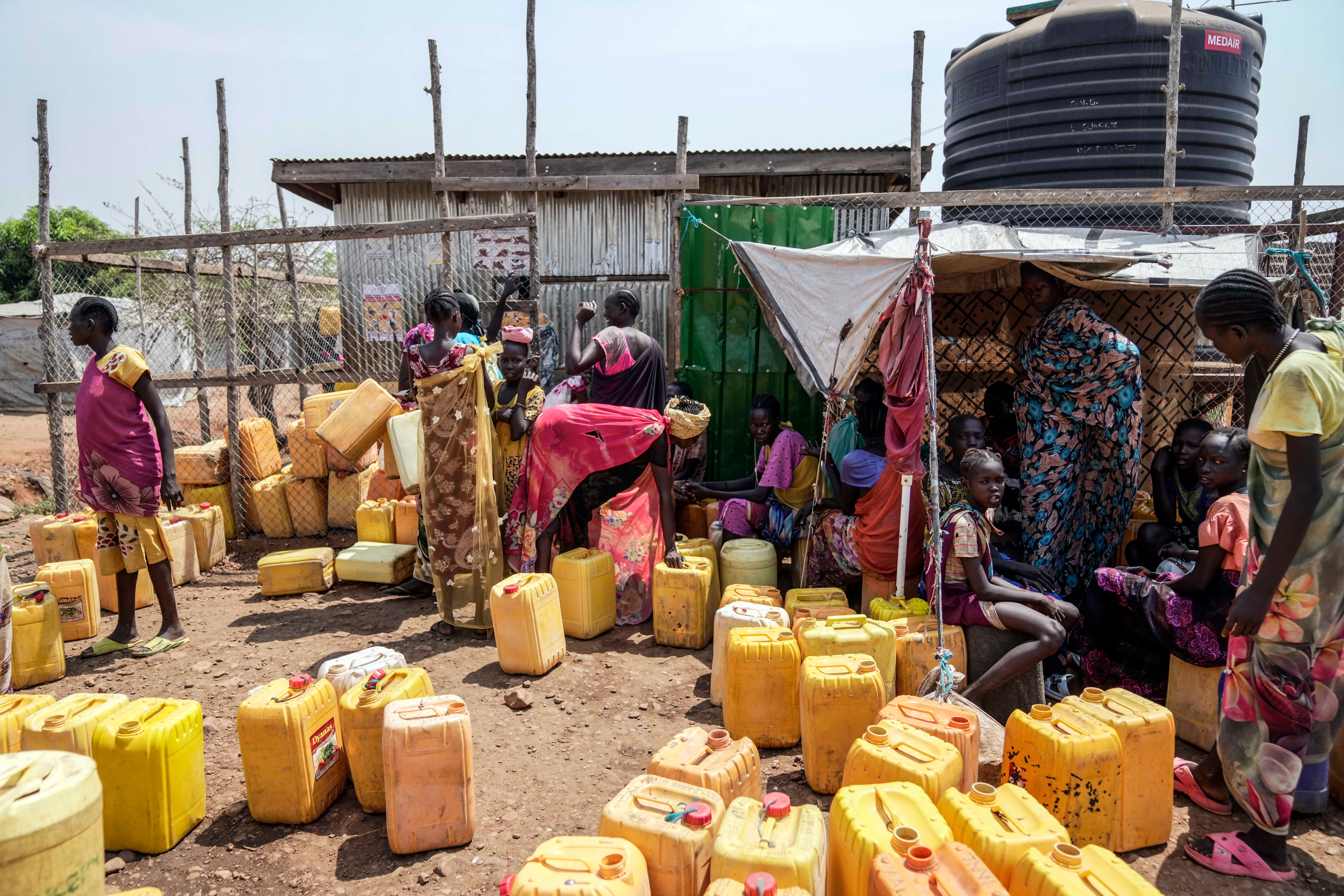Global heating may be fuelling rise in deadly cancers among women
Study authors warn women are ‘physiologically more vulnerable’ to climate-related health risks
Rising temperatures could be increasing the risk of fatal cancers among women in some of the world’s hottest regions, a new study found.
Researchers analysed cancer trends across 17 Middle Eastern and North African countries and found that as temperatures increased, driven by the climate crisis, so did the rates and severity of four major cancers affecting women – breast, ovarian, uterine, and cervical.
They found that each degree Celsius rise in heat between 1998 and 2019 was associated with statistically significant increases in both cancer prevalence and mortality.
“As temperatures rise, cancer mortality among women also rises, particularly for ovarian and breast cancers,” study lead author, Dr Wafa Abuelkheir Mataria, from the American University in Cairo, said. “Although the increases per degree of temperature rise are modest, their cumulative public health impact is substantial.”
The findings come as the Middle East and North Africa face projected temperature increases of up to 4C by 2050, exposing more people to climate-linked health threats, particularly women who are already vulnerable due to structural inequalities and limited healthcare access.
“Women are physiologically more vulnerable to climate-related health risks, particularly during pregnancy,” study co-author Dr Sungsoo Chun said.
“This is compounded by inequalities that limit access to healthcare. Marginalised women face a multiplied risk because they are more exposed to environmental hazards and less able to access early screening and treatment services.”

Across the region, the data showed ovarian cancer cases rose the most sharply per degree of warming while cervical cancer saw the smallest increase. Breast cancer remained the most common, but all four afflictions showed both higher prevalence and mortality.
Qatar, Bahrain, Jordan, Saudi Arabia, Syria, and the UAE showed the strongest temperature-linked increases. In Qatar, for example, the prevalence of breast cancer rose by 560 cases per 100,000 women for each degree of warming, compared to 330 in Bahrain.
While they controlled for economic differences by accounting for GDP, the researchers cautioned that other local factors, such as pollution levels, heatwave exposure or changes in healthcare systems, could also contribute. “While we controlled for GDP per capita, other unmeasured factors could contribute,” Dr Mataria said. “Nonetheless, the consistent associations observed in multiple countries and cancer types provide compelling grounds for further investigation.”
The study does not establish direct causation but adds to growing evidence that the climate crisis is intensifying the global burden of disease, particularly in regions already facing health inequities.
“Temperature rise likely acts through multiple pathways,” Dr Chun explained. “It increases exposure to known carcinogens, disrupts healthcare delivery, and may even influence biological processes at the cellular level. Together, these mechanisms could elevate cancer risk over time.”
The authors said more targeted surveillance and interventions were needed to address the emerging risks. “Strengthening cancer screening programs, building climate-resilient health systems, and reducing exposure to environmental carcinogens are key steps. Without addressing these underlying vulnerabilities, the cancer burden linked to climate change will continue to grow,” Dr Chun said.
Join our commenting forum
Join thought-provoking conversations, follow other Independent readers and see their replies
Comments